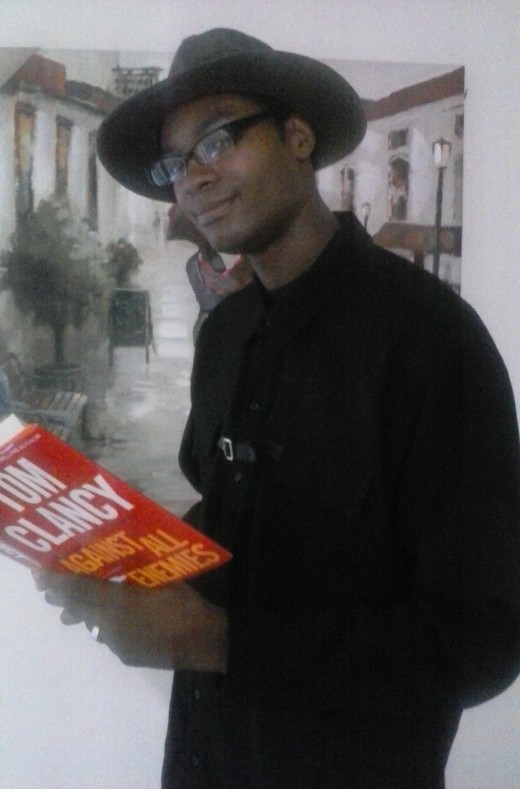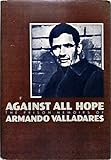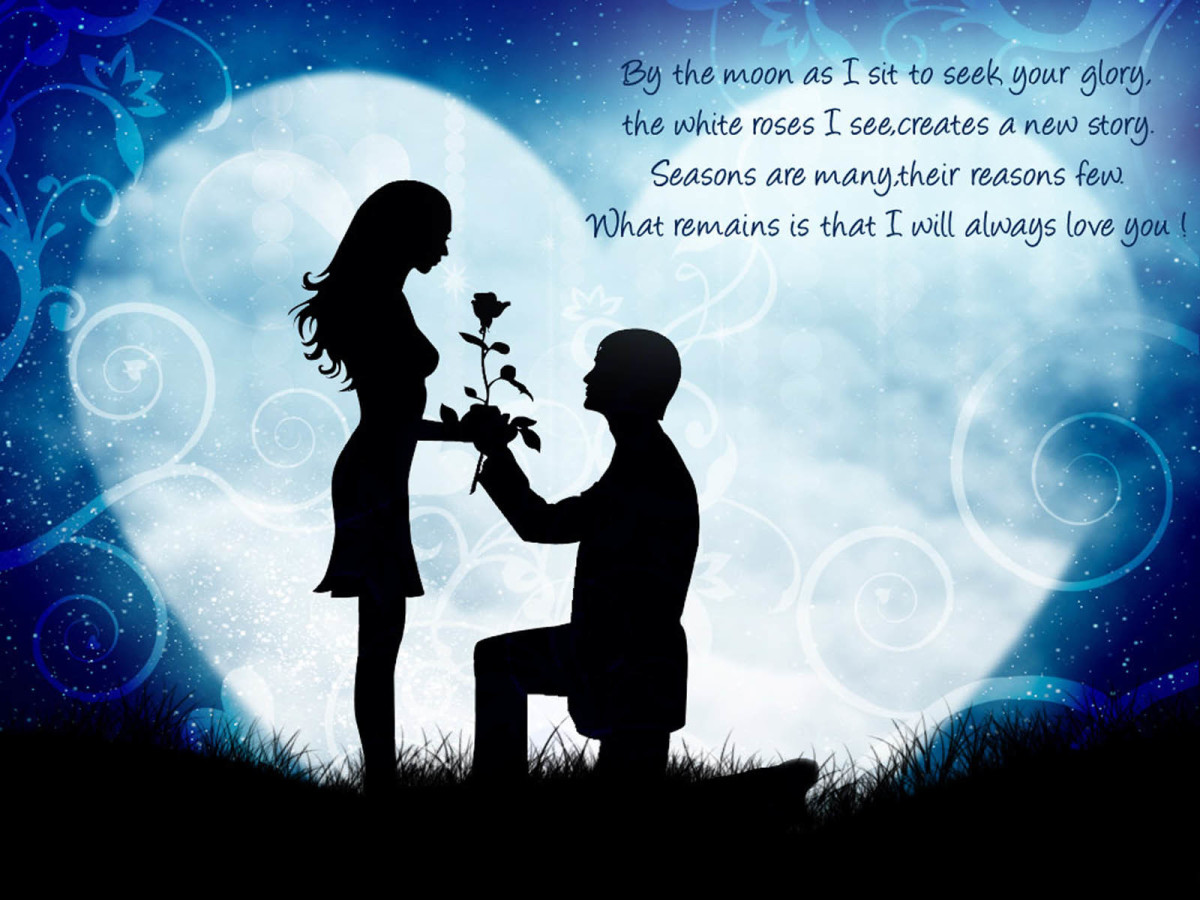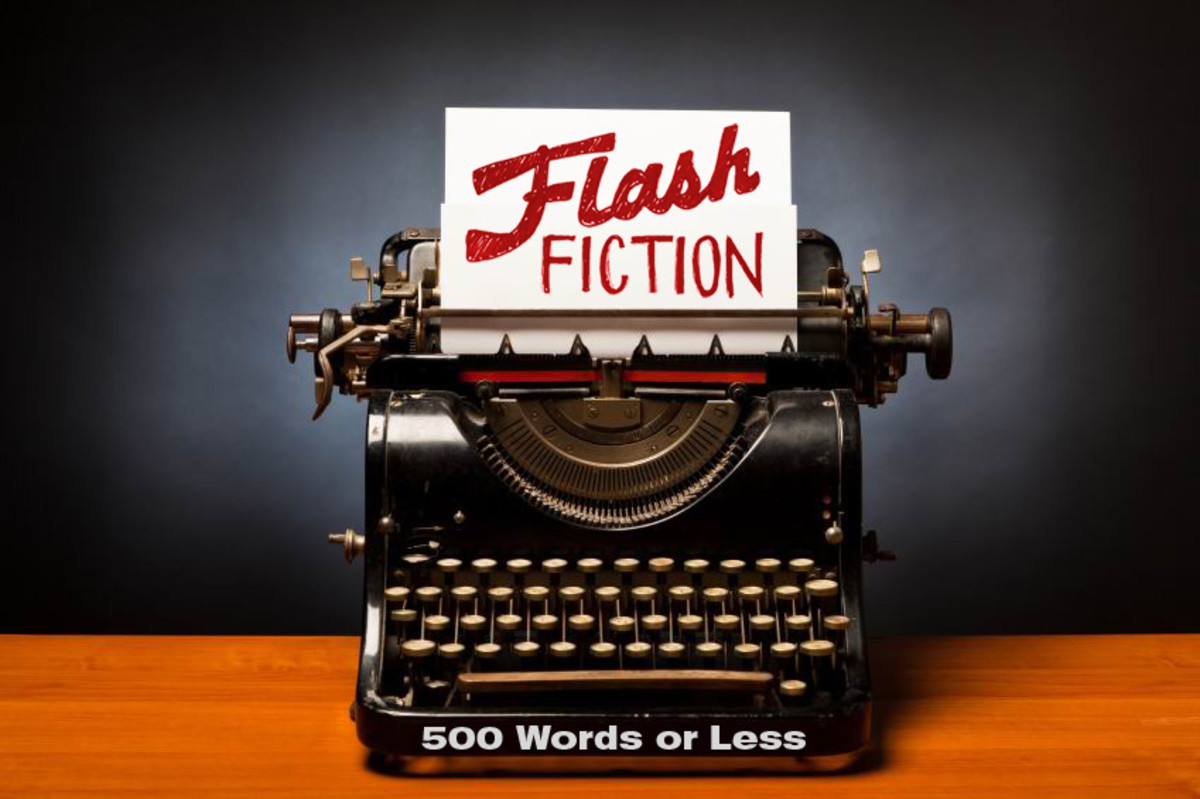How To Finish Writing a Novel
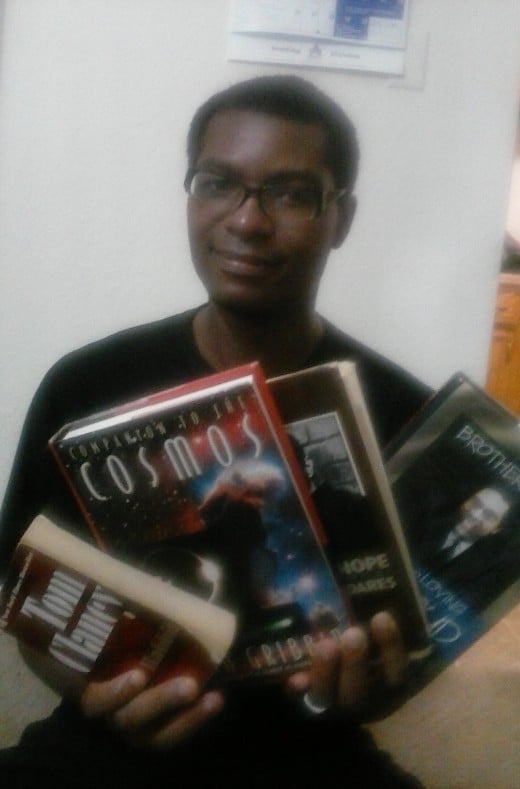
Many people have thought about writing a book once in their lives. Some even started the journey by beginning to pen or type their masterpiece. However, competing hobbies, work obligations, or school, or good old fashion writer’s block from nowhere can make one’s pen or fingers heavier than an albatross. The writer isn’t a Stephen King, or even a Stephanie Meyer, yet, as someone who fought his way through fields of writer’s block and life’s obstacles, he understands the mountain of difficulty finishing a book as opposed to starting one. If you’ve decided to give writing novels a go, but don’t know where to begin, this isn’t the article for you. If you’re looking for that winning recipe that will make your work accepted by publishers and a New York Times best seller, this isn’t the article for you. However, whether you started a novel a month or several years ago, and you want to know what steps to take to slam a completion stamp (or at least most of your plot points crossed and dotted), then you’ve come to the right place.
Be Interested in What You're Writing
When writing a novel, your novel, remember that you’re not half-stepping a paper for English class on your 10th “How awesome is Shakespeare” paper, or your 50th book summary. A novel is a personal project, something you’re initially writing for yourself. You wouldn’t volunteer to play a sport you hate, or play a video game you despise, so why should you write something that can’t hold your interest? When the writer constructed his novel, he included elements that made him excited to pen the next chapter. I love Japanese cartoons (called anime for those about that life), so I created the dual wielding, pink-haired Takedako; I always loved dinosaurs and Jurassic Park, so I made my protagonist’s mentor an alien resembling a dinosaur. Even if vampires and teenagers fighting in survival tournaments are big sellers now, you’ll have a hard time finishing your work if you care about sexy zombies and kids in death brawls as much as a shoe maker cares about physics.

Outline Your Story
Outlining is a divisive topic among writers. Some say it hinders the creative process by placing one’s imagination in a fence; others say it provides coherent structure and stability to the story. The writer believes both points have their merit, yet recommends outlining your story for a different reason: to combat writer’s block. Imagine you’re lost in the middle of nowhere, miles from your destination. The most minimum you would need is an indicator; a landmark, the North Star, a map, or a compass; to let you know where you are and where you’re going. If you have that, even without a car, boat, or plane, as long as you can walk (or crawl), you’ll get to your destination at some point. The same rings true for writing. To stick with the traveler’s dilemma analogy, writer’s block isn’t just getting lost in an open field, but a maze, the type of maze that makes one want to surrender, set-up camp, and live off the land. Even if you don’t know how you’re going to get from point A to B, if you already have a general idea where B is, you’ve won half the battle, and freed your mind to focus on other aspects of the writing process. Heck, while you’re at it, why not focus your energies further by eliminating more minor details, like a map of your world, character dossiers, and motivations, and a little of your world’s history? The less time you spend on getting stuck on where your characters are going and why, the more you can spend on weaving juicy, intricate plot drama. Some writers may consider outlining and brainstorming a chore (the writer savors it as the most fun part), but a little outlining can save hours of staring at a blank sheet or computer screen. And for the intuitive purists who despise being bound like a fire-manned horse, more power to you, but from the writer’s experience, outlining has never hindered his characters, for they have a funny way of venturing outside outline boundaries.
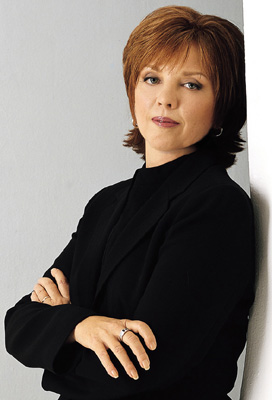

Set Aside a Time and Place For Your Writing
Whether you’re a bachelor working a 9-5 juggling friends, a college student struggling to balance a 15 hour course load, or a single mother of two living paycheck to paycheck, time is never on your side. As life’s demands eat away precious hours, it can seem impossible for that perfect moment to arrive where you can sit, unwind, and put your creative thoughts on paper. Unfortunately, from the writer’s experience, that time will never come. There’s an old saying that goes, “If you can’t beat ‘em, join ‘em,” but when your opponent is as omnipotent and omnipresent as Father Time, you’ll have to settle for, “If you can’t beat ‘em, control ‘em.” Manage your writing by setting aside a time and place where you’ll write every day, and for how long. This will train your mind to mentally prepare itself for your hour (hopefully hours) of creation. At the beginning, you should set your goals small, but as your self-programming improves, you’ll find yourself going beyond that hour as you just have to finish that last plot point, or you at least want to get this great scene on paper before you forget it. The hour you forced yourself to sit will extend to one and a half, then maybe another day to 2, until the time you’ve controlled for yourself no longer becomes a chore, but a subconscious joy. But it all starts with you gripping a piece of time for your novel and not letting it go. Even if you can’t form a paragraph for the first thirty minutes, setting aside the time is like setting aside a store for customers. Even if it takes a while to get customers (your inspiration to move), they won’t have a place to shop if you don’t open the doors, or have a place to house your goods.
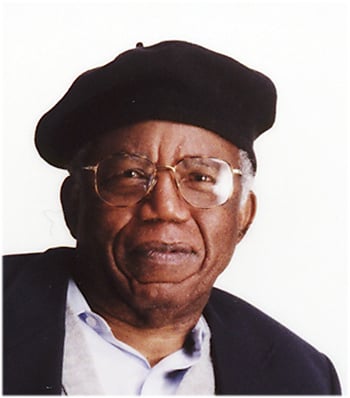
Write No Matter What
From the writer’s experience, not finding time to write was his favorite excuse for not penning his creativity to paper, but fear his words wouldn’t match his thoughts came second, and fought for first. How many times have you sat blankly at a sheet of paper or computer screen for hours, your writing canvas feeling like a pool of acid to your fingers? The worst feeling is when something else demands your attention during the process (a newspaper or magazine, a Youtube video, a phone call, take your pick), making you waste an entire day not producing a word. Comparable to a kid scared of the pool, even with a float around his waist, do you want to know the best way to conquer this feeling? Just jump right in. When your own fears stop you from moving forward, just don’t think of them; mentally close your eyes. Whatever comes to mind, write it down, and watch your thoughts sync with your hands. To further alleviate this fear, remember that your first draft is for you, but in practical terms for you to get your ideas out of your head before they become lost in time and other obligations. The second draft, you editing and revising the first, will be your polished product. Just as a athlete must train, even grudgingly, a writer must write, even if it feels like he’s creating Frankenstein’s Monster.
An Interview With Stephen King On Writing from Bangor Daily News
